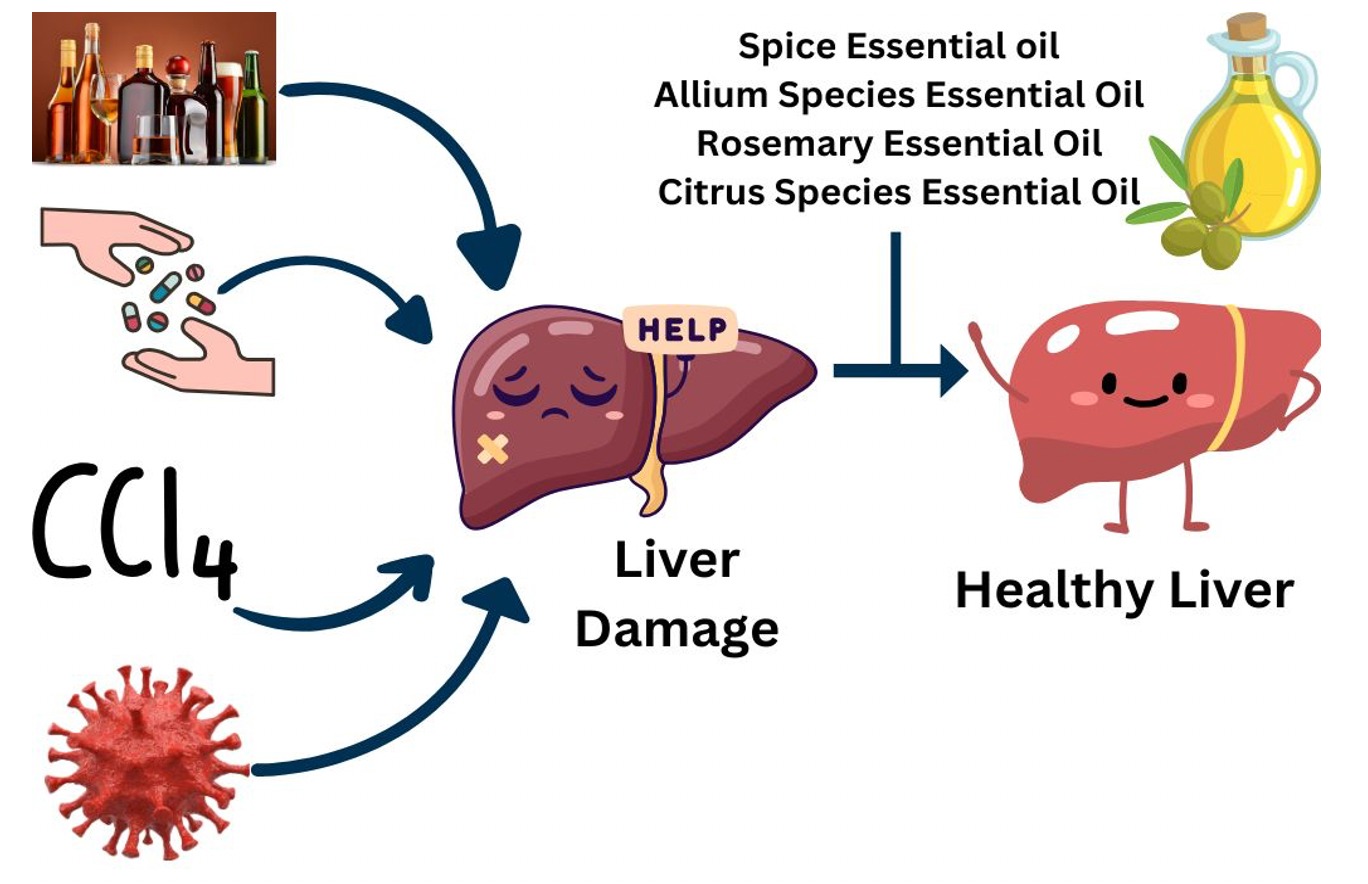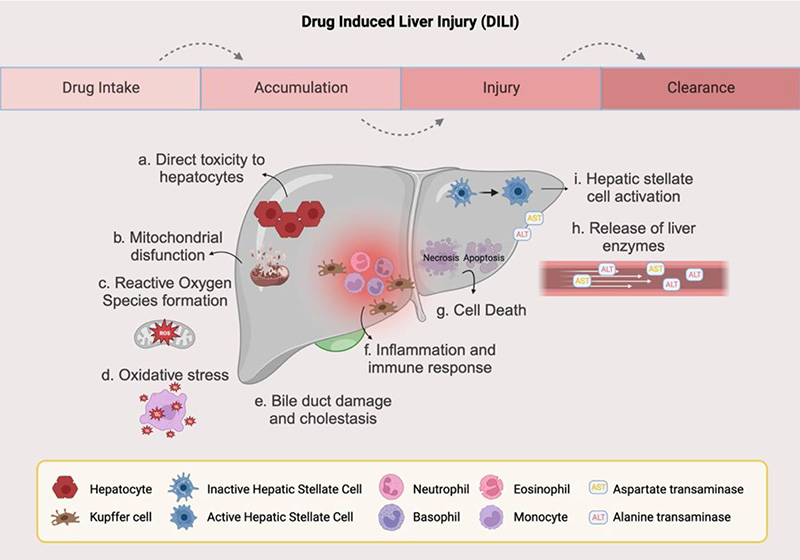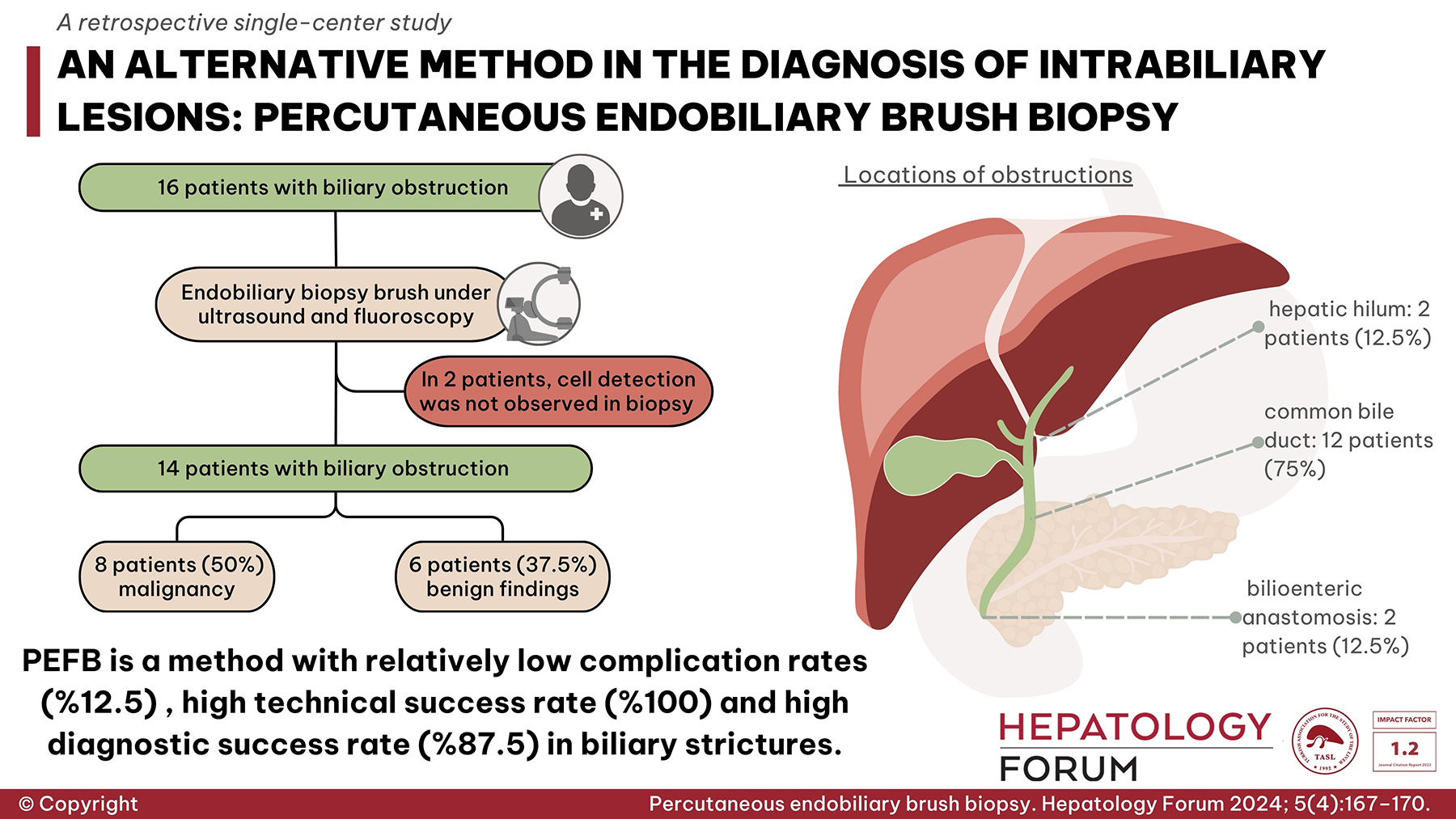2Department of Gastroenterology, Afyonkarahisar Health Sciences University, Afyonkarahisar, Turkiye;
3Department of Gastroenterology, Inonu University School of Medicine, Malatya, Turkiye
4Department of Gastroenterology, Necip Fazil Ctiy Hospital, Kahramanmaras, Turkiye;
5Department of Gastroenterology, Harran University School of Medicine, Sanliurfa, Turkiye;
6Department of General Surgery, Inonu University School of Medicine, Liver Transplant Institute, Malatya, Turkiye
7Transplant Hepatology, Inonu University School of Medicine, Liver Transplant Institute, Malatya, Turkiye
Abstract
Background and Aim: Although there are a few studies reporting transplantation for celiac disease (CD), there are no studies reporting long-term outcomes after transplantation in CD patients. Therefore, we aimed to report the long-term outcomes of patients who underwent liver transplantation (LT) for CD in our high-volume liver transplantation center.
Material and Methods: Our study was a single-center, retrospective study and included 28 CD patients who underwent LT at Inonu University. CD diagnosis was made based on anti-tissue transglutaminase or anti-endomysium antibody positivity and/or duodenal biopsy results.
Results: The 1-, 3-, 5-, and 10-year survival rates after transplantation were 92.9%, 92.9%, 84.4%, and 75%, respectively. The most striking finding in the study was the high frequency of biliary complications. Another important finding was the significant difference in body mass index (BMI) between pre-transplant and post-transplant (p<0.001). The incidence of rejection and recurrence was 39.1% and 25%, re-spectively. The number of patients with high anti-tissue transglutam-inase (anti-TTG) levels after transplantation decreased significantly (p<0.001).
Conclusion: Our study suggests that the frequency of post-transplant bil-iary complications is very high in CD patients and that LT had positive effects on BMI and anti-tissue transglutaminase levels.





 Caner Altun1
Caner Altun1 









